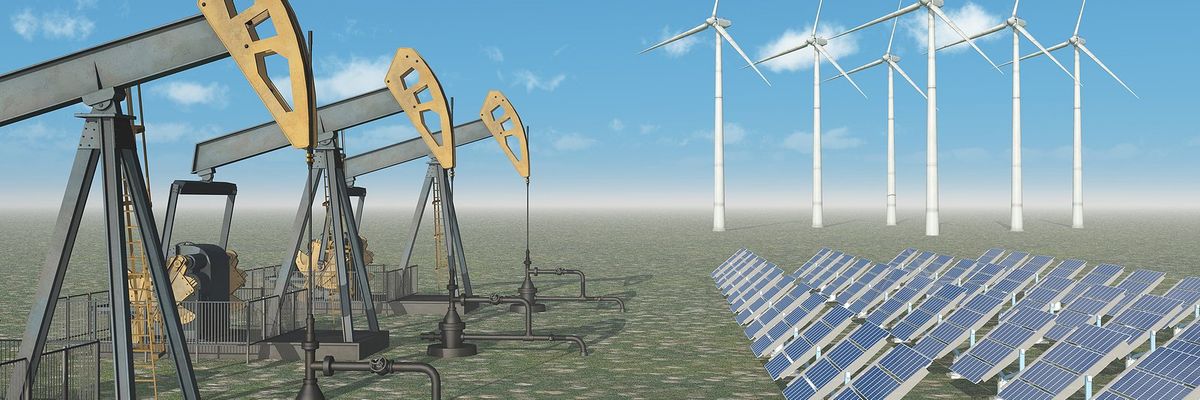duluth
America's Great Lakes beckon as a climate sanctuary
Michigan's abundant water resources and lack of extreme weather make it an attractive destination for future climate migrants.
In short:
- The Great Lakes region, once the heart of American industry, now offers a unique "capacity" for absorbing climate migrants due to its ample water supply and mild climate risks.
- Urban planner Beth Gibbons advocates for the Great Lakes to market itself as a climate refuge, suggesting that the area's natural resources could fuel economic and population growth.
- Scientific predictions suggest that as southern regions of the U.S. face economic challenges from climate change, the northern latitudes, including the Great Lakes, could experience significant economic growth.
In short:
“There’s no future in which many, many people don’t head here,”
— Beth Gibbons, climate adaptation specialist
Why this matters:
Michigan, with its diversified economy that spans agriculture, manufacturing, and technology, could leverage its relatively stable climate to attract businesses and residents looking for a refuge from more volatile environments. Investments in infrastructure and sustainable practices could further enhance its appeal, turning the state into a model of resilience in a changing world.
Long a hotbed for the urban farming movement, Detroit is seeing a surge in urban beekeeping.
Climate change encourages homeowners to reconsider legacy cities
Mapping migration in the face of climate change
Future cool: Minnesota city ponders new boom as a climate migrant destination
A Minnesota town is among a group of cities that scientists predict will become top destinations for Americans abandoning parts of the country made inhospitable by climate change.









